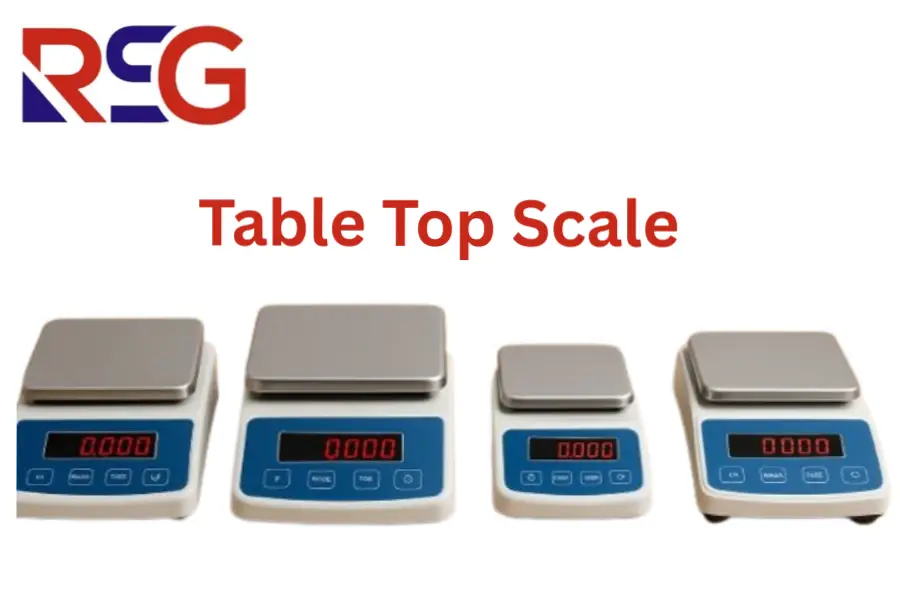
What Is a Table Top Scale and How Does It Work?
In today’s fast-paced commercial world, accuracy in weighing is more important than ever. Whether you’re running a grocery store, managing a laboratory, or dealing in jewellery, the right weighing equipment makes all the difference. One of the most common and versatile tools for accurate weight measurement is the Table Top Scale. But what exactly is a table top scale? How does it function? And why is it essential for various industries?
Whether you run a grocery store, manage a small factory, or operate a jewellery outlet, a table top scale is an essential tool for accurate weight measurement. But with so many options available in the market, choosing the right one can be confusing.
What Is a Table Top Scale?
A table top scale, also known as a bench scale, is a compact, portable weighing device designed to sit on a table or counter. It is primarily used for measuring smaller items with high accuracy and is popular in both commercial and industrial settings.
These scales are built with precision load cells and offer digital or analogue displays for reading weights quickly. They come in various weight capacities, from a few grams to several kilograms, depending on the application.
Key Features of Table Top Scales
- Compact and portable design
- Stainless steel or durable ABS body
- Digital or analogue weight display
- Tare function to subtract container weight
- Overload protection
- Battery and electric operation
- Auto power-off and energy-saving modes
How Does a Table Top Scale Work?
The functioning of a table top scale is straightforward yet engineered for precision.
Load Cell Technology
At the heart of every digital table top scale lies a load cell — a sensor that converts mechanical force (weight) into an electrical signal. When an item is placed on the scale’s platform, the load cell bends slightly, and this deformation is translated into a readable weight value.
Signal Processing
The electrical signal from the load cell is amplified and digitized using a microprocessor. The result is a precise digital display of the weight.
User Interface
Most table top scales feature a digital LCD or LED screen to show the weight in units like grams (g), kilograms (kg), or pounds (lb). Many also include buttons for functions like:
- Tare (resetting to zero after placing a container)
- Mode switching (units)
- Calibration
Common Uses of Table Top Scales
Table top scales are used in various industries due to their precision, portability, and versatility.
Retail Shops
Used to weigh groceries, fruits, vegetables, and other everyday items. Especially useful in kirana stores and supermarkets.
Jewellery Stores
Used for weighing gold, silver, diamonds, and gemstones with milligram accuracy.
Laboratories
Essential for mixing chemical compounds and testing samples with high precision.
Food Processing & Bakeries
Used to measure ingredients accurately for consistency and quality control.
Packaging Units
Helpful in weighing parcels and packaging materials before dispatch.
Benefits of Using a Table Top Scale
High Accuracy: Most models offer precision to the decimal point.
Time-Saving: Fast response and easy-to-read display.
Energy Efficient: Many come with rechargeable batteries and auto shut-off.
Easy Maintenance: Simple design allows for quick cleaning and maintenance.
Portable: Lightweight design makes it easy to move and use anywhere.
A table top scale is more than just a weighing machine — it’s a tool that enhances efficiency, ensures accuracy, and builds trust with your customers. Whether you run a small shop or a large industrial unit, investing in a reliable table top scale